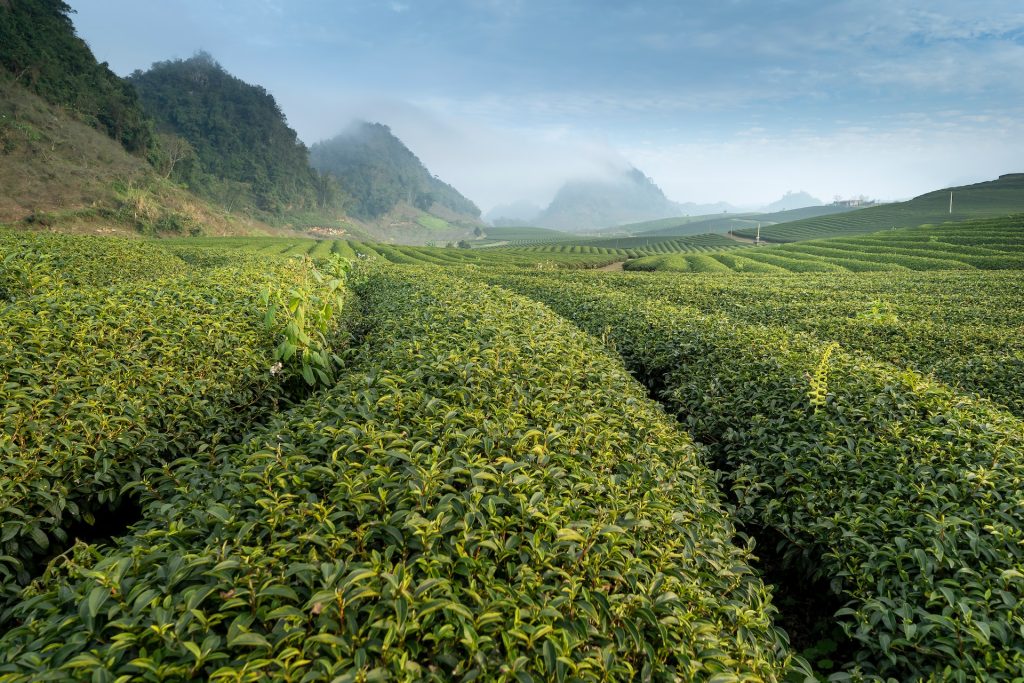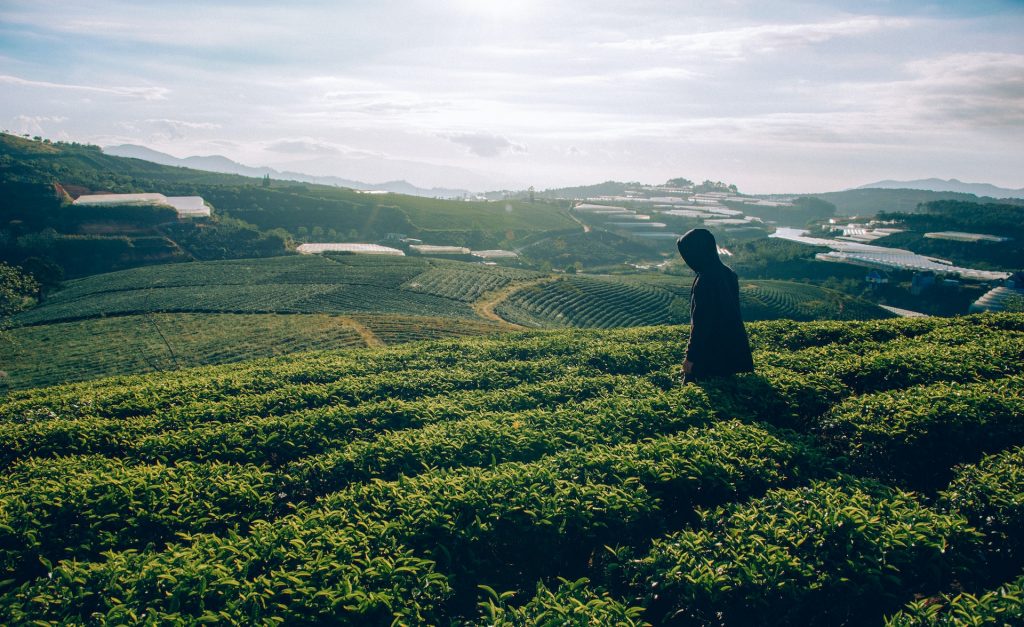In the Pu’er tea circle, there is a widely circulated saying about cooked tea: you should drink Menghai flavor for cooked tea. The unique taste of Menghai cooked tea is recognized as the most classic and authentic taste of cooked tea, and is highly sought after by tea lovers. So what is so special about Menghai flavor, and how did it come into being? Let’s find out together today.
Menghai is recognized as the best place for fermenting Pu-erh cooked tea. Large and small tea factories are vying to set up factories here. Menghai Flavor”.
Menghai flavor first refers to the product produced by the old state-owned tea factory in Menghai with the old recipe. Now it mostly refers to the taste of cooked tea fermented in Menghai. It is similar to a fresh smell of field soil after rain, and some people think it is seafood. and richness. This taste is very iconic, and experts believe that it is determined by the unique micro-ecological environment of Menghai.

There are many well-known hilltop villages located in Menghai County. They have a common feature, that is, “heavy bitterness”. , thick and full. Brown’s Laobanzhang, Laoman’e, needless to say, Nannuo’s Pasha, Mengsong’s Naka, Badashan’s Zhanglang, etc. are all representatives of bitter tea, which is also caused by the environment and climate of Menghai.
Menghai has a subtropical and tropical rainforest climate. The plateau area is warm in winter and cool in summer. The annual average temperature is 19 degrees. “Oxygen Bar” is the county seat of a key forest area in Yunnan Province.
Menghai, which is rich in tea tree resources, has many local varieties with unique botanical characteristics, and the unique natural environment has bred high-quality Menghai big-leaf varieties.

The water used for fermentation in the Menghai area is also an important cause of the flavor of Menghai. Menghai has a high coverage rate of preparation and abundant annual precipitation. The water used for fermentation is natural “landscape” (inland water resources). In Menghai County, there are no industrial pollution projects and factories. The abundant water resources are like a natural “purification pool”. It is impossible to achieve such a high trace element content.
Menghai cooked tea has a full taste and a smooth taste, and the thick soup tastes like a cup of “rice soup”. The thick and thick characteristics of Menghai cooked tea also make it more varied in the later stage of transformation. In the later stage of aging, the “Menghai flavor” will be reduced and gradually transformed into a strong wood-like aroma.
Therefore, the pursuit of Menghai flavor by tea lovers is the recognition of the high quality of Menghai tea. People who drink it like it very much, and they will imprint the taste of Menghai in their memories.

